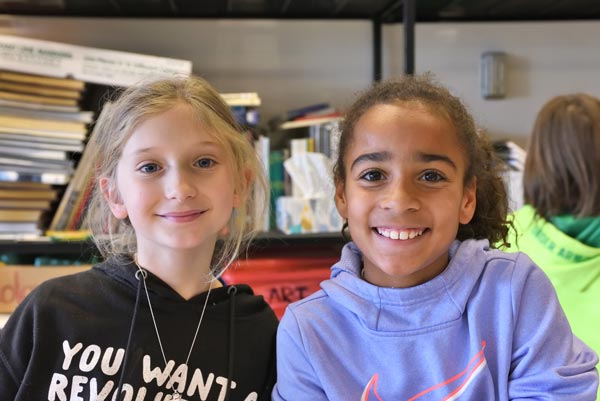
When School Feels Like Home
March 30, 2021
The Hicks Family Story: How We Got to Springer, Part 1
April 21, 2021
As summer approaches, many parents begin to consider investing in tutoring for their child over summer vacation. As parents we want to do the best for our children, especially since students did not experience a “normal” school year in 2019 -2020 or in 2020-2021.
Desperation can lead us to make poor choices with regard to interventions for our children. If it is expensive and located in a nice building it must be good! As the saying goes, “If something sounds too good to be true, it probably is.”
With so much information readily available at our fingertips, how do you determine what treatments/interventions are of value? The International Dyslexia Association has a quarterly publication called “Perspectives on Language and Literacy.” From time to time, researchers evaluate various interventions to support learning. In the Winter Edition of 2020, the theme was Evaluating Interventions for Reading Instruction. What constitutes evidence-based reading instruction has been a source of argument among educators for many years. Structured Literacy has been adopted by IDA as the terminology for the best, most effective reading instruction for struggling readers (see the blog “What is Effective Reading Instruction” of November 19, 2019). Teachers skilled in this type of instruction may have training in Orton-Gillingham, Wilson Reading System or LETRS, among other programs cited by the International Dyslexia Association (DyslexiaIDA.org).
What types of treatment/intervention are of questionable value? In general, if the intervention does not directly address the deficient academic skill, the academic skill will not improve. If the intervention does not involve reading instruction, reading skills will not improve. Vision therapy and Irlen glasses (colored lens) for Dyslexia or reading difficulties are considered to be unproven by the American Academy of Pediatrics, The International Dyslexia Association and the American Association for Pediatric Ophthalmology and Strabismus (AAPOS). See the AAPOS website for a brief discussion of vision therapy or behavioral optometry and why those treatments are not recommended to address reading deficits.
One last recommendation - if opting to engage a reading tutor, it is appropriate to ask about their training in teaching reading. If they mention a specific program, such as Orton-Gillingham, ask where they did their training. Another good question is, “Were you directly supervised in using the methodology when working with a student?” Supervised experience means that a Master Teacher provided guidance and feedback to assure that the program was accurately delivered.

There are organizations that certify teachers in specific reading programs, such as AGOPE (Academy of Orton-Gillingham Practitioners and Educators) or IMSLEC (International Multisensory Structured Literacy Education Council) among others. The website for the International Dyslexia Association (DyslexiaIDA.org) has a complete listing. I hope this helps you find the best person to tutor your student!
Blogger Mary Ann Mulcahey, PhD, shares her expertise in assessment and diagnosis of learning disabilities and ADHD, and the social/emotional adjustment to those issues. If you have questions, please contact Mary Ann at



